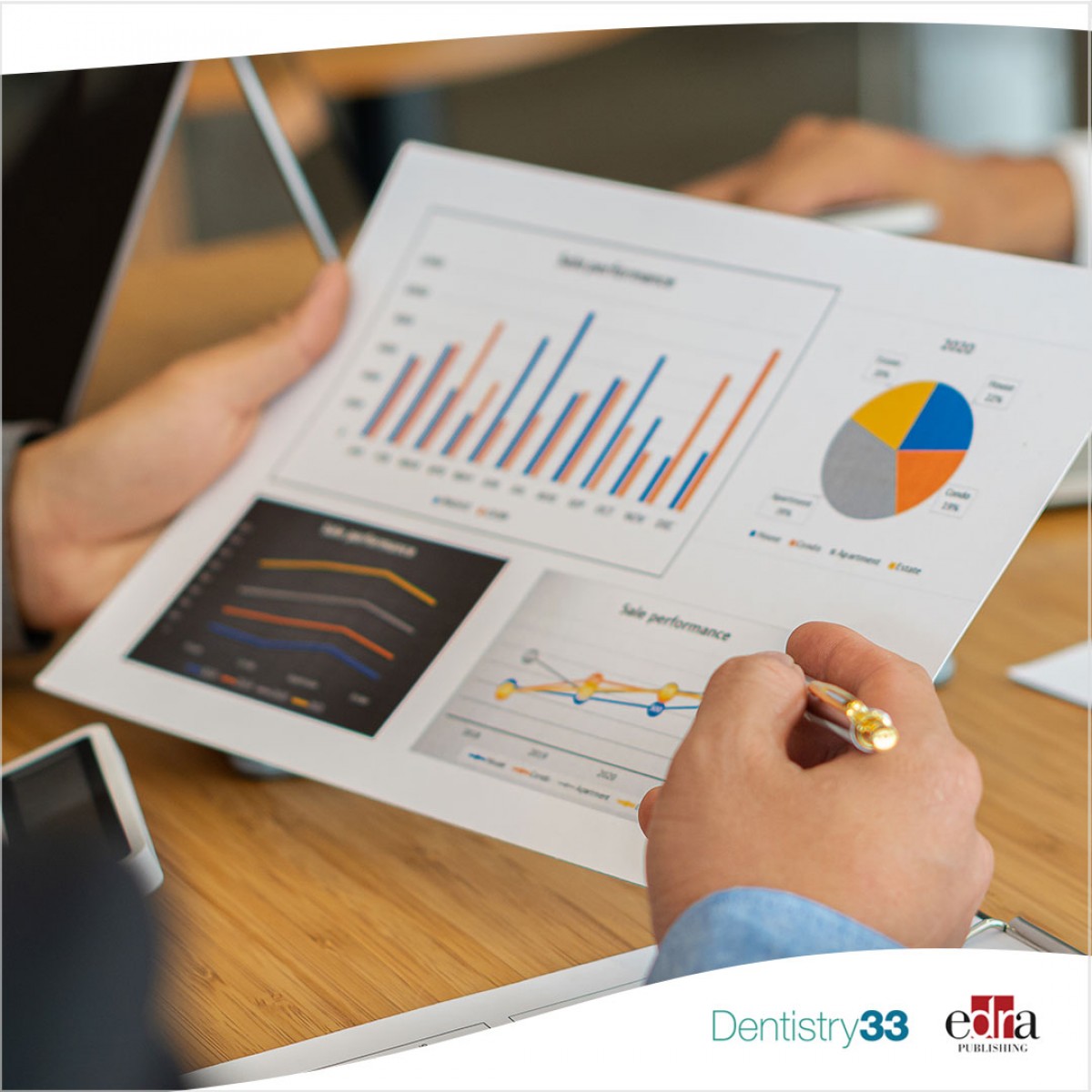
Home bias: Why we lose money on investments
Luigi Campopiano
Our behavior as investors and how this behavior influences our buying and selling decisions is a hot topic to explore, beyond things like macroeconomic analyses and the valuation of individual assets.
We describe a good investor as a person who is 100% rational and who thinks exclusively based on data and objective assessments. The reality is much more complex because, although the rational investor is an aspiration for all of us who operate in the financial markets, people are not always rational individuals since they and we have emotions.
Emotions are, by nature, irrational and often go against pure logic, a risk for the investor. It is neither complete nor useful to simply say, "be rational and eliminate emotion." Emotions are a part of us. We can’t eliminate them unnecessarily. We must know them, understand them and know how to manage them.
It is a long journey for an investor, at the end of which they will be more aware and competent.
One of the most common biases that we have as investors is the home bias: it is a behavior, or rather a tendency of investors to prefer stocks of their own country of origin, ignoring in the worst cases, or minimizing in the best cases, foreign shares.
Initially, the most widespread explanation for this trend was the objective limits encountered for investing in foreign markets (e.g., high transaction costs or various legal restrictions). The most accepted interpretation is that this derives from our predisposition as human beings who prefer to always deal with something familiar rather than having to deal with something they do not know. This happens when investing in companies that, at least according to our minds, we believe we know.
It is not an exclusively Italian phenomenon because it is present in developed countries and emerging economies: for an American, almost all the securities or a portion ranging from 70 to 80% in the portfolio are part of the American market.
However, while one can understand why investors in an economic superpower invest purely in their economy, one cannot be as understanding of investors in emerging countries or small economies. An academic study published in the late 1980s found that Swedish investors had portfolios almost exclusively composed of domestic investments: Sweden represented only 1% of the world equity market.
Being a widespread trend, here are the factors that trigger it:
- Familiarity. The main factor of home bias is the tendency to invest in what you know or think you know. If we find ourselves facing two companies that we do not know, one of which is Italian, due to a sense of familiarity, due to a tendency to consider it closer to us, regardless of whether it is true or not, we will tend to prefer the Italian one.
- Transaction costs. This happens especially with certain trading instruments, which have much lower transaction costs if you invest in national companies. Investors, including the most disinterested or newbies, tend to not opt for companies that provide higher trading commissions. But there are two points to consider: first if your financial institution applies commission costs such as not to make you consider a market a priori, consider changing companies. Secondly, it should be considered whether the potential of a foreign company is not worth the cost of the commission.
- Exchange into a foreign currency. Investing in foreign stocks involves currency risk. Even if we do not convert our euros into dollars, investing in an American fund or ETF of companies that operate in dollars exposes us to an indirect risk on the dollar. Many investors are not clear on how currencies work and prefer to stick with their own currency. However, having only one currency can still expose us to great risks.
- Political risk. Investing in foreign companies makes us take on an important political risk, which can greatly impact our assets. This causes many people to decide in advance to avoid foreign risk by staying "at home." But be careful; this also applies to us because by not diversifying, we take a great political risk, that of our country.
Once you understand all this, you should rely on a financial professional who cannot fail to give this advice: analyze your portfolio and diversify.
Investing in local companies can bring enormous advantages and benefits, but we must always remember there is a sea of opportunities beyond our walls. We prefer to invest in something closest to us, but that doesn't mean we must stop there.
By committing ourselves and studying, we could pursue even more opportunities. Several factors are considered disadvantages of investing abroad. But if we apply a larger lens, we will realize that these are the same problems in investing only in our country.
In conclusion: diversify, diversify, diversify, without however going to the extreme, an opposite tendency that we can have.
 Related articles
Related articles
Market 29 November 2024
In financial markets, the butterfly effect is not uncommon—a phenomenon where small changes in conditions can lead to significant long-term variations in a system's behavior.
Market 22 November 2024
The creator economy, also known as the passion economy, is built around creators and influencers.
News 15 November 2024
The main goal for many investors is not to lose money, but they often overlook the time period over which they hope to achieve this.
News 05 November 2024
The food sector could offer attractive opportunities for investors in the coming years
News 09 August 2024
Over the past 15 years, Wall Street has dominated the global scene. The Morningstar US market index (including large, medium, and small companies) has more than quadrupled in value.
 Read more
Read more
Digital Dentistry 19 November 2025
Increasing awareness of tooth fracture, both complete and incomplete, as a significant disease entity has led to improved diagnostic techniques.
Editorials 19 November 2025
As Ellen Simmons-Shamrell of the Class of 1977 wrote her annual check for the Michael D. Scotti, DMD Endowed Scholarship—established in memory of her late classmate—she reflected on how different...
Products 19 November 2025
Smartee Denti-Technology has unveiled the Smartee Digital Orthodontic Technology Exhibition Hall, a 1,200-square-meter space dedicated to showcasing the company’s innovations in clear aligner...
News 19 November 2025
Coupa, the global leader in AI-powered spend management, today announced a new collaboration with Specialized Dental Partners, a premier dental support organization (DSO) dedicated to enabling its...
News 19 November 2025
Breakthrough T1D has been selected as a 2025 Health Access Hero Award grant recipient by Sun Life U.S. and DentaQuest.















